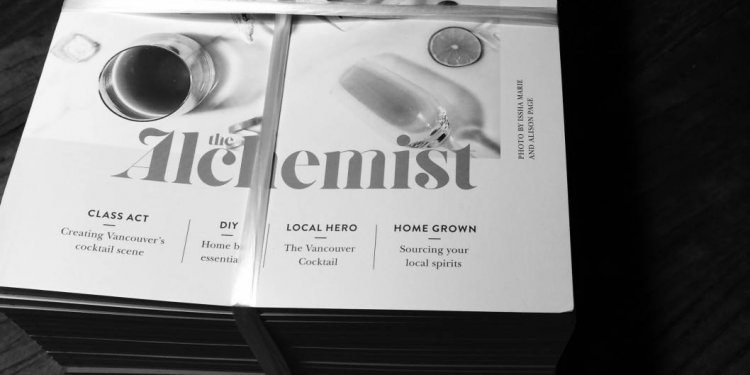
Restaurants and Bars British Columbia
 Have you ever stopped to consider how strange it is that bars, restaurants and caterers in British Columbia (and most other provinces) pay the same for beverage alcohol as you or I would if we walked into our local government liquor store?
Have you ever stopped to consider how strange it is that bars, restaurants and caterers in British Columbia (and most other provinces) pay the same for beverage alcohol as you or I would if we walked into our local government liquor store?
Though bars and restaurants in British Columbia purchase alcohol in quantities that dwarf the purchasing habits of individual consumers, and their ongoing support of local products is integral to the survival and growth of British Columbia’s craft beer and spirits sector, they are denied access to true wholesale pricing, and have no opportunity to buy from outside the Liquor Distribution Branch monopoly. Wholesale pricing for bars and restaurants is not to be confused with wholesale pricing for retail liquor stores – another controversial issue in British Columbia.
Restaurants Canada just released its 2015 Report Card on provincial liquor policies that affect restaurants and bars. British Columbia was awarded a “C+”. You can (and should) read the Report Card in its entirety here.
Restaurants Canada is a nation-wide not for profit association that represents Canada’s dynamic and diverse restaurant and food service industry. Though Restaurants Canada speaks for only one segment of the many stakeholders in BC’s liquor industry, this year’s Report is worthwhile reading for everyone involved in the industry. The liquor industry is not comprised of watertight compartments; the various segments of the industry depend on each other for success, and if the hospitality sector is not receiving the support it needs from Victoria, that is a concern for everyone.
While not a failing grade (Newfoundland and Labrador received the only “F” in this year’s Report), when you consider what BC’s Liquor Control and Licensing Branch is doing for our hospitality sector compared to what other provincial regulators are doing across Canada, it is easy to see that there is still much progress to be made in the way that liquor is purchased and sold in BC.
Alberta for example offers restaurateurs and bar owners access to a true wholesale market. Not only can establishments buy at wholesale prices through the Alberta Gaming and Liquor Commission, but they can also buy at wholesale rates from private retailers where they are free to negotiate prices as well as payment and delivery terms. Even tiny Prince Edward Island offers the industry a comprehensive wholesale discount program on all products, and Nova Scotia gives licensees a 10% discount on wine and spirits. Restaurateurs in British Columbia covet those opportunities, and rightly so.
Operators in the food and beverage sector have good reason to be disappointed by BC’s “C+” grade. 2015 was supposed to be a banner year for the hospitality and tourism business in BC with the unveiling and endorsement of the Yap Report. While there is no doubt that many of the changes to BC’s liquor laws this year have been for the better – the terms of reference for the Yap Report were clear that his recommendations must be revenue neutral, so the introduction of a wholesale pricing regime for bars and restaurants was never going to be in the cards.
Alcohol & Advocacy believes British Columbia can do better. The liquor industry is worth an estimated $2 billion to British Columbia’s economy each year (if you include indirect revenue), and the government recognizes it as one of the leading contributors to tourism. For example more people (800, 000) visit British Columbia annually and spend money in the wine industry than came to Vancouver during the 2010 Winter Olympics.
The current Liberal government appears committed to liquor law reform, and has not shied away from recognizing the value of the liquor industry to the province. While there is no indication that a wholesale pricing regime for bars and restaurants will be introduced in British Columbia any time soon, the Yap Report has demonstrated the government’s ability to listen to market demands. Perhaps we’ll see a “wholesale pricing consultation” in 2016?
Restaurants Canada 2015 Report Card
- Alberta:B+
- Prince Edward Island: B-
- British Columbia: C+
- Nova Scotia: C+
- Quebec: C+
- Manitoba: C
- New Brunswick: C-
- Ontario: D+
- Saskatchewan: D+
- Newfoundland and Labrador: F

















